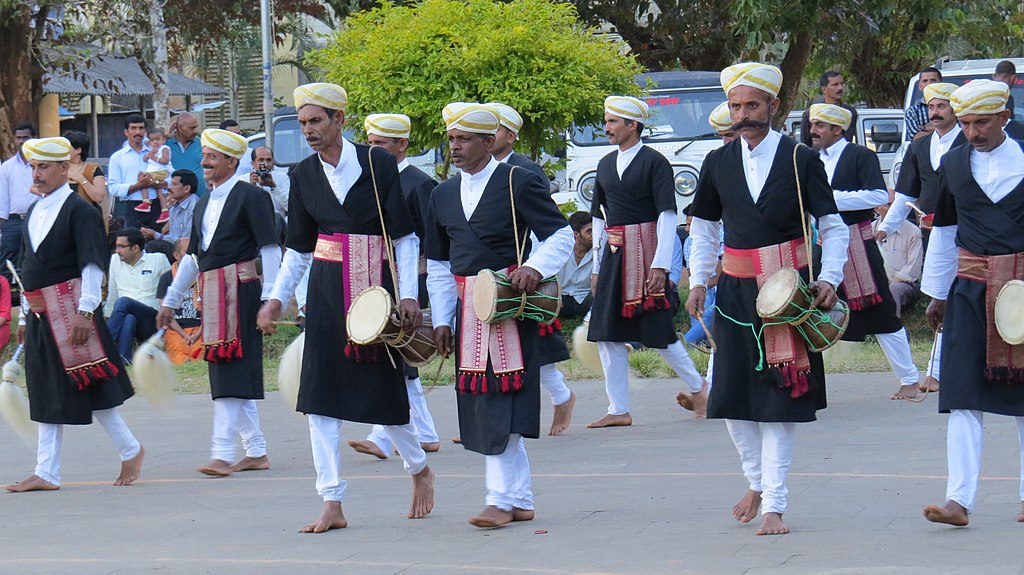Cyberloafing is sometimes beneficial. This particular essay is just living proof. I was recently cyberloafing during my work hours; obviously, I needed a break from attending to my research paper that deliberates techniques to reduce cyberloafing at the workplace! Read a social media post where a man boasted that he made a hotel manager remove and replace the ‘Kuppiya Chale’ attire, which the hotel security guard wore, with an ordinary uniform-grey shirt and trousers. In an effort to completely convince the customer that his complaint had been taken seriously, the hotel manager took a photo of the security guard wearing an innocent smile in the new uniform, a neatly pressed grey shirt, and black trousers. The man/customer was obviously satisfied and he shared the picture on social media. His post was covered with righteous pride about how he preserved his culture. This story should represent a simple customer dissatisfaction-redressal equation. However, looking into the picture, I couldn’t get over the fact that something was not ticking right. Now, before going into the details of what may not be right here, you should first know the significance of Kuppiya attire so that you will understand why the customer wanted the manager to replace the attire with some other uniform. Kuppiya is a traditional attire worn by the Kodavu people (an ethnic group from the coffee-growing region of Coorg) and the attire holds cultural significance. It is believed to have been given by the forefathers to the community as a way of representing warrior culture. In fact, the community encourages their people to wear the attire only on traditional occasions so that the attire won’t become a mockery.
Now that you know the Kuppiya attire is an honourable cultural identity, may I ask you what this man is boasting of?
Is it because the security guard’s job is not honourable enough to wear Kuppiya attire?
Or
If we think of the same narrative from the hotel’s perspective, what was the hotel thinking while making the Kuppiya attire as a uniform for the security guards?
Do they want to represent their hotel’s honourable image through the security guard’s attire?
Or
Do they consider the job of the security guard itself honourable enough?
Or
Do they indulge in humiliating someone’s ethnic identity by making the security guard wear it?
Or
Does the firm just follow the market norm by making the security guard wear the commonly worn attire, looking similar to Kuppiya?
When I looked at the picture of the security guard with his Kuppiya attire stripped off and replaced with a pressed uniform, I felt an uncomfortable itch that I was not able to let go of. I could see the naked truth that I am blind enough to look at most of the time. We never know the point of view of the security guard, while the man who complained is satisfied with the firm’s remedial action, and the firm is satisfied that they were able to address the customer’s concern. What would the security guard feel in the new, near-grey uniform? That’s an unquestioned and unanswered question in our society. This is how we mostly indulge in singular narratives. And this is one of the reasons why employees working in service industries are conveniently dehumanised. The firms see their front-end employees as the face of the brand but fail to acknowledge them as individuals. On one hand, the airline industry glorifies the comfort of the customers but not the comfort of their air hostesses; very few remain exceptions- you can see Akasa Air introducing custom attire and comfortable sneakers for their crew. That’s a considerate move, but unfortunately, very few airlines think along similar lines.
Said that, when we argue about all these issues, there is no way we can leave behind the repercussions of subtle mockery of certain cultural and ethnic identities. It is our righteous pride to preserve our cultural and ethnic identity, but when we are trying to do so, we miserably fail to see the basic dignity we are trying to snatch from an innocent bystander. We become hypocrites, and we are proud of it too. Humiliating someone’s identity has in fact become the right of an individual when he travels in the passage of righteous pride. I hope we address this unconscious bias in our daily dialogue. Stigmatisation towards specific sets of professions is already very heavy in regions where people propose value to capitalization. These unconscious behaviours will only add toxic layers to the work-based stigmatisation. I hope we consider alternate narratives, such as the one from the hotel security guard before we take our narratives as a winning note. It is also a signal to the firms that, before coming up with a particular business practice, it is essential to research the cultural and historical identities associated with the business practices, especially when the regions are littered with complicated identities. Ethnic attire is fundamentally explicit and immediately conveys its existential purpose. So, firms, beware; cultural appropriation is the key to any righteousness.
Disclaimer: All Opinions on the post are personal.
